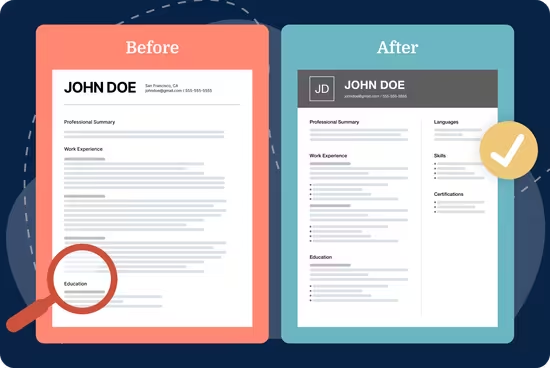
Interviews Gone Wrong: 10 Ways to Completely Sabotage Your Own Success
Job interviews are opportunities to shine, but sometimes, candidates unknowingly engage in behaviors that sabotage their chances. In this blog, we’ll explore 10 common pitfalls that can lead to self-sabotage during interviews and how to avoid them.
- Arriving Unprepared: Showcasing unpreparedness is a surefire way to sabotage your interview. Research the company, understand the role, and be ready to discuss your experiences and qualifications. Lack of preparation sends the message that you’re not serious about the opportunity.
- Being Late: Punctuality is a fundamental aspect of professionalism. Arriving late for an interview not only disrupts the schedule but also reflects poorly on your time management skills. Plan ahead to avoid this easily avoidable pitfall.
- Overconfidence or Underconfidence: Striking the right balance is crucial. Excessive confidence can come across as arrogance, while lack of confidence may be interpreted as a lack of competence. Find the middle ground, demonstrating self-assurance without overshadowing humility.
- Poor Body Language: Non-verbal cues speak volumes. Avoid fidgeting, slouching, or excessive gestures. Maintain eye contact and offer a firm handshake. Poor body language can create a negative perception, even if your qualifications are strong.
- Speaking Negatively About Previous Employers: Criticizing past employers or colleagues reflects poorly on your professionalism. Even if you had challenging experiences, focus on the positive aspects and what you’ve learned from those situations.
- Overlooking Cultural Fit: Ignoring the company culture can be detrimental. Failing to align your values and work style with the organization’s culture may lead to dissatisfaction on both sides. Research the company culture and assess if it aligns with your preferences.
- Inadequate Research on the Role: Demonstrating a lack of understanding about the role you’re applying for signals disinterest. Tailor your responses to the specific requirements of the position, showcasing how your skills align with the job’s demands.
- Rambling or Over-Talking: Be mindful of your speaking pace and avoid going off on tangents. Rambling or over-talking can make it difficult for the interviewer to follow your responses. Practice concise and focused communication.
- Forgetting to Ask Questions: Failing to ask questions at the end of the interview can convey disinterest. Prepare thoughtful questions about the company, team dynamics, and the role to demonstrate your engagement and curiosity.
- Neglecting Follow-Up: Overlooking the post-interview follow-up is a common mistake. Send a personalized thank-you email expressing gratitude and reiterating your interest in the position. Neglecting this step may leave the impression that you lack follow-through.
Conclusion: Avoiding self-sabotage in interviews is about being mindful of your actions, demeanor, and preparation. By steering clear of these 10 pitfalls, you can present yourself as a polished, professional candidate who is genuinely interested in the role. Interviews are your chance to shine—don’t let self-sabotage dim your prospects.




